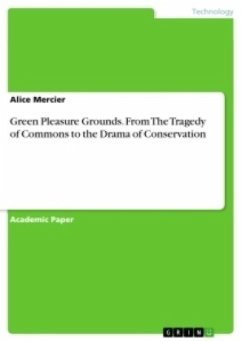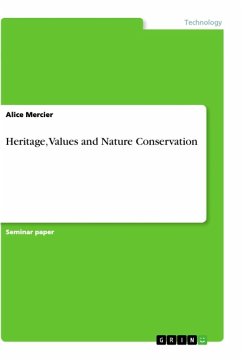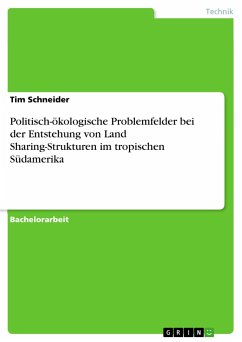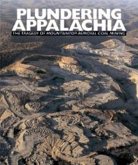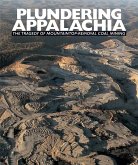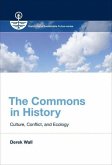Academic Paper from the year 2010 in the subject Environmental Sciences, grade: 1,0, , language: English, abstract: This paper deals with the different aspects of the privatization of Natural Protected Areas. Being basically open to everyone with very few limitations on visitation, it is today widely acknowledged that Nature Protected Areas depict yet another example for the Tragedy of the Commons (ToC), and are subject to the associated risks. As every finite resource that is of growing interest for the growing mankind, natural resources are under the threat of exploitation and overuse.A variety of measures have been discussed for decades in order to address this issue and to preserve our natural heritage. Under the current socio-politic settings, the most prominent but also the most controversially discussed solution strategy is the privatization of Protected Areas (PAs). To set the context we will give a glimpse on the historical development of recreational activities in PAs and explain which factors have contributed to its current popularity.The general approaches of dealing with the issue of PAs being subject to the ToC are summarized, while focus is on the current fierce debate on privatizing parks and PAs. Major assumptions commonly resorted to by contestants are discussed in their cogency and socio-political context.We argue that there is no magic solution to such a complex subject as PA management under increasing utilization pressure and conservation needs. Circumstances are to manifold to give a general answer to what are best management practices, so that decisions have to be made on a case to case basis. However, privatization is accompanied by high hazard risks that threaten to compromise the integrity of our common natural heritage and will likely change the associated objectives for the worse.

